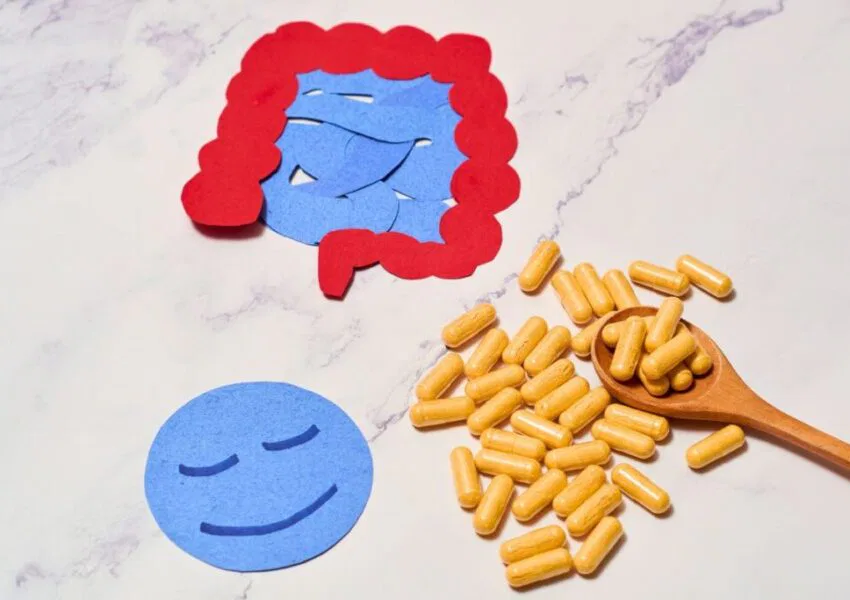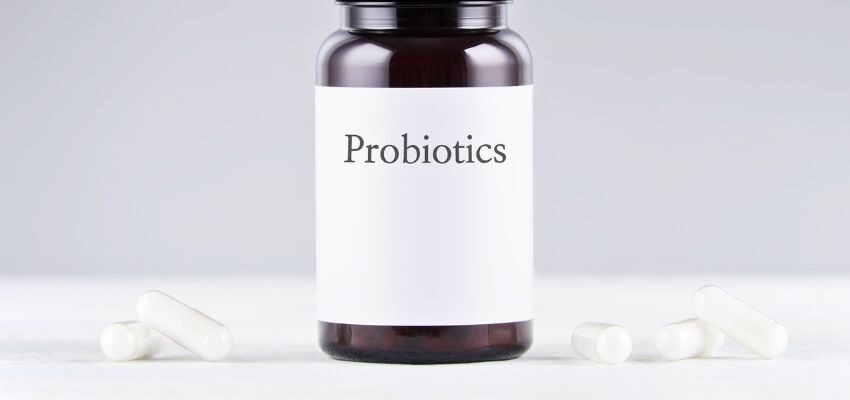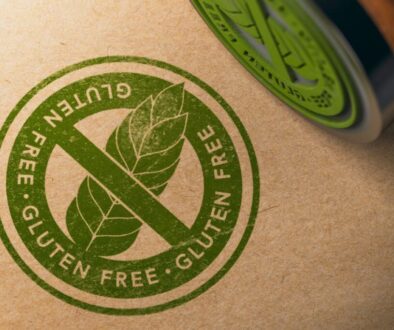When Is The Best Time To Take Probiotics?

Published September 17, 2025
Planning on adding a probiotic to your routine? Great choice. Here’s the tricky part: when’s the best time to take probiotics? The truth is, timing matters more than you might think. There are no strict rules, but taking probiotics at the right time helps maximize their benefits. So, when should you really take your probiotics?
In this article, we’ll cover everything about probiotic timing. You’ll learn how probiotics work, the best times to take them, and when timing is less important. By the end, you’ll know the key steps to maximize probiotic benefits.
How Probiotics Work
Before discussing timing, it helps to know what probiotics are and how they function. This supports their journey to your gut.
What Are Probiotics, And Why Do You Need Them?
Your body hosts trillions of microorganisms, forming a complex ecosystem called the microbiome. Helpful bacteria aid digestion, immunity, and even mental health. Probiotics are these “good bacteria” that promote a balanced microbiome.
Diet, stress, or antibiotics can disrupt this balance, letting harmful bacteria multiply. Probiotics restore good bacteria, support immunity, and return your microbiome to balance.
How Digestion Affects Probiotic Survival
For probiotics to work, they must survive your stomach’s acidic environment and reach the intestines. Stomach acid breaks down food and destroys pathogens, but can also kill probiotics.
Stomach acid changes during the day. Eating increases acid for digestion, so when you take your probiotic relative to meals, it affects how many live bacteria survive in your gut.
Probiotic Strains And Delivery Methods
Probiotic strains vary; some resist stomach acid better. Lactobacillus and Bifidobacterium are especially resilient since they’re native to the gut.
The delivery format also matters. Probiotic supplements come in various forms:
- Standard capsules and powders: Offer minimal protection from stomach acid.
- Enteric-coated capsules: Special coating withstands stomach acid, dissolving in the intestines.
- Delayed-release capsules: Like enteric coatings, these release contents further down the digestive tract.
Optimal Timing: Best Time To Take Probiotics
Science shows consistency is most important. However, certain times of day may help probiotics survive better.
Morning (Before Breakfast)
Many experts suggest taking probiotics 15 to 30 minutes before breakfast. After fasting, stomach acid is lower, helping bacteria pass through safely and improving survival.
Evening (After Dinner/Before Bedtime)
Taking probiotics at night, a few hours after dinner, is also popular. Digestion slows, acid drops, and the gut lets probiotics settle.
With Meals Or On An Empty Stomach
Some probiotics lack a protective coating. Take these on an empty stomach when acid is lower than during meals.
Some research suggests taking probiotics with a small snack of healthy fats may help survival. Food temporarily buffers acid. Avoid taking probiotics after large meals, which increase acid and slow emptying.

Special Considerations
Optimal timing isn’t universal; it depends on your probiotic and health needs. The main takeaway: personalize probiotic timing for your specific product and your body’s response.
By Probiotic Type
- Live-strain probiotics (powders, beverages): Sensitive to stomach acid. Best taken on an empty stomach, in the morning, or before bed.
- Soil-based probiotics (SBOs): These bacteria are naturally resilient. Taking them with food may even boost their activity.
- Enteric-coated or delayed-release probiotics: These supplements survive stomach acid. So, meal timing is less crucial.
Some products combine acid-resistant strains. For example, Bionaze uses BL-04™ (Bifidobacterium Lactis BL-04) with oral-targeted BLIS K12™ (Streptococcus salivarius K12), which thrives in the mouth and throat. These need less precise timing but still offer benefits beyond digestion.
For Sensitive Stomachs Or Digestive Issues
Starting probiotics may cause mild gas or bloating. If you have a sensitive stomach, start with a lower dose or split it. For example, take half in the morning and half at night to help your system adjust.
Splitting Or A Single Daily Dose
If your product suggests multiple capsules a day, consider splitting—one before breakfast, one before bed. This provides a steady supply and helps you test what timing works best.
When Timing Is Less Crucial
Optimizing probiotic timing helps, but it isn’t always essential.
- Acid-resistant strains or protected delivery systems. High-quality probiotics use acid-resistant strains or enteric-coated capsules. For these, timing matters less because they ensure bacteria reach your gut.
- Consistency is key. Consistency matters more than timing for probiotics. Daily supplementation supports a healthy gut. Pick a regular time you can stick with so you never miss a dose.
Tips To Maximize The Benefits Of Probiotics
- Read the Label: Always check the specific strains, colony forming units (CFU) count, expiration date, and storage instructions.
- Proper Storage: Heat and moisture destroy bacteria. Store your probiotics as directed; some need refrigeration, others are shelf-stable.
- Align with Health Goals: Different strains serve different purposes. Research that suits your needs—digestion, immunity, or oral health.

Frequently Asked Questions
Should I take probiotics with food?
For most probiotics, avoid large meals. Some acid-resistant or soil-based strains may benefit from food. Check the label.
Is it okay to take probiotics at night?
Yes. Taking probiotics before bed works well. Digestion slows, and bacteria reach your gut when it’s less acidic.
Does it matter if I forget a dose?
Missing a dose isn’t an issue. Resume the next day. Consistency matters more than perfection.
Can probiotics be affected by antibiotics or other medications?
Yes. Antibiotics kill all bacteria. Take probiotics at least two hours apart from antibiotics.
How long until probiotics start working?
Timing varies. Some notice benefits in days; others take weeks. Consistency brings the best results.
Why Choose Bionaze
Not all probiotics are equal. Bionaze uses two patented strains—BLIS K12™ (Streptococcus salivarius K12) and BL-04™ (Bifidobacterium Lactis BL-04)—studied beyond digestion. These target the ears, nose, mouth, and throat, including allergies, hay fever, asthma, rhinovirus, and bad breath. Bionaze supports gut, respiratory, and oral health.

Making Probiotics Part Of Your Daily Routine
Experts agree the best time to take probiotics is 15–30 minutes before breakfast or a few hours after dinner. But the most important rule is consistency. Probiotic benefits build over time, relying on a steady population of good bacteria. Your best first step is to read your product’s label and follow its guidance. From there, choose a time you can stick with daily. Making probiotics part of your routine ensures the best results.
Ready to boost health beyond the gut? Choose Bionaze—studied for the ears, nose, mouth, and throat. Get relief from allergies, hay fever, asthma, rhinovirus, and bad breath. Try Bionaze today and see the impact yourself!
Benefit From The Latest Advancements In Probiotic Science With Bionaze
Bionaze is a proprietary blend of probiotics proven to promote ear, nose, and throat health, improve digestion, and support your immune system. The active ingredients BLIS K12, and BL-04 are considered among the best probiotics according to science.
Get 25% Off Your First Order when you use BIO25 at checkout!

This Content Has Been Reviewed For Factual Accuracy
This content has undergone thorough fact-checking by our team of internal experts. Learn more about the meticulous editorial standard for our website here.
ADVERTISEMENT

About The Author
Hi, I’m Corinne Grace, a proud nursing graduate from Riverside College with a flair for writing. I specialize in health and wellness topics, using my educational background to weave informative and attention-grabbing articles that appeal to a wide variety of readers.




